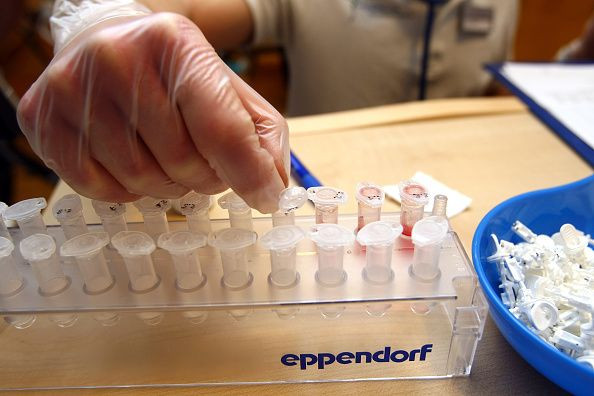CDC Lists Super Fungus As ‘Urgent Threat,’ Can Kill Victims In 90 Days

Scientists are warning against a deadly fungal infection that appears to be resistant to antibiotic medications.
Candida auris, which was first identified in Japan in 2009, has been found to cause wound, ear and bloodstream infections and is typically diagnosed through the culture of body fluids and blood. According to the Centers for Disease Control and Prevention, infections from C. auris can be fatal.
In an interview with The New York Times, fungal branch head Tom Chiller referred to C. auris as the “creature from the black lagoon” because nobody knows where it came from and it continues to spread globally. This drug-resistant fungus has been found in over 20 cities worldwide, including the United States. Today, the CDC classifies is as a “serious threat” as case studies have shown that it can kill a person within 90 days from infection.
In the same report, the NY Times highlighted the case of an elderly man admitted to Mount Sinai Hospital for abdominal surgery but was later found to be carrying the infection following a blood test. The patient, who was placed in the intensive care unit, died after 90 days, but the fungus persisted. Hospital president Dr. Scott Lorin was quoted as saying that they found traces of the fungus everywhere in the patient’s room, such as the walls, the curtains, the poles and the sink well after the man’s death. The hospital reportedly had to rip out some of its walling and ceiling materials to get rid of it.
Since it is resistant to anti-microbial drugs, the fungus persists in many surfaces and is easily passed on from one person to another, particularly in those with weak immune systems and those working in clinics and hospitals. Initial symptoms include fatigue, fever and body aches. Once the yeast spreads to the brain, blood or heart, the disease can quickly turn fatal. To date, the CDC logs over 580 reports of C. auris infections in the country.
Clinics, hospital and healthcare workers who suspect being exposed to C. auris are advised to immediately report the case to the CDC and clean rooms with a strong disinfectant. Family members and those exposed to infected in individuals must sanitize after touching a patient or anything in his or her room. AS of this writing, the origins of Candida auris remain unknown and the CDC and other health agencies continue to find more potent ways to control it.
© Copyright IBTimes 2025. All rights reserved.





















